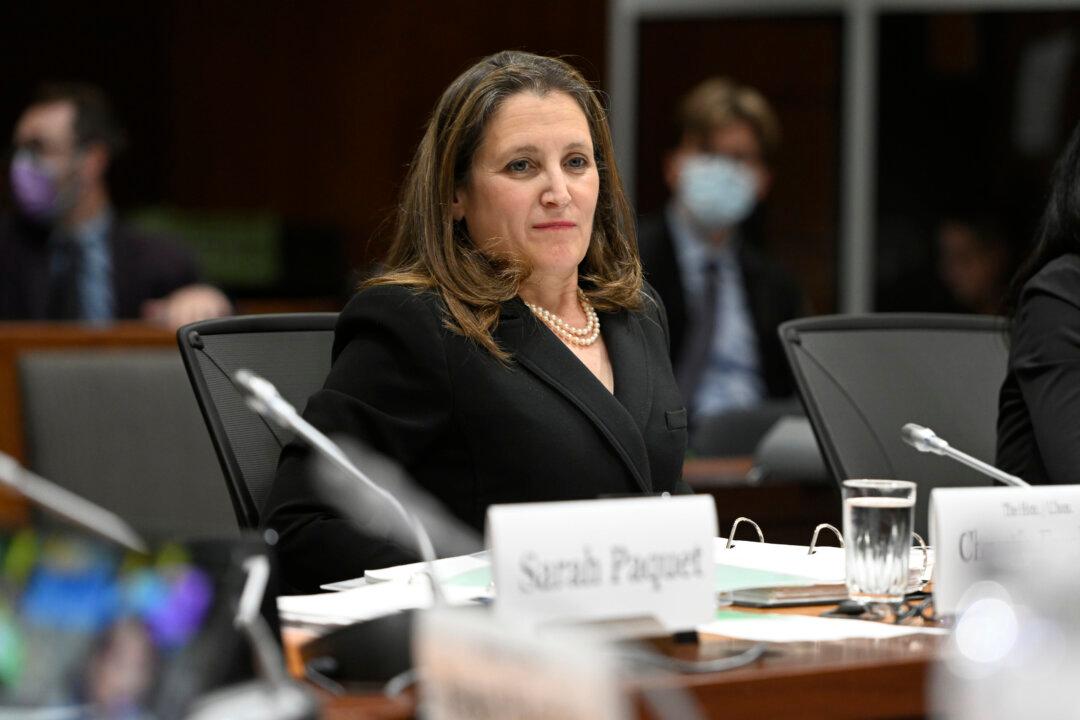A document produced by Department of Public Works staff says the Freedom Convoy protest cost millions by slowing down construction work on Parliament Hill, but acknowledged that the effect of an unrelated carpenters’ strike was more substantial.
According to Blacklock’s Reporter, a staff briefing note titled Status of the Long Term Vision and Plan for the Parliamentary Precinct says the protest “stopped work on the Centre Block from January 28 to February 23,” and that the cost of the delay is “estimated at $3 million.”





